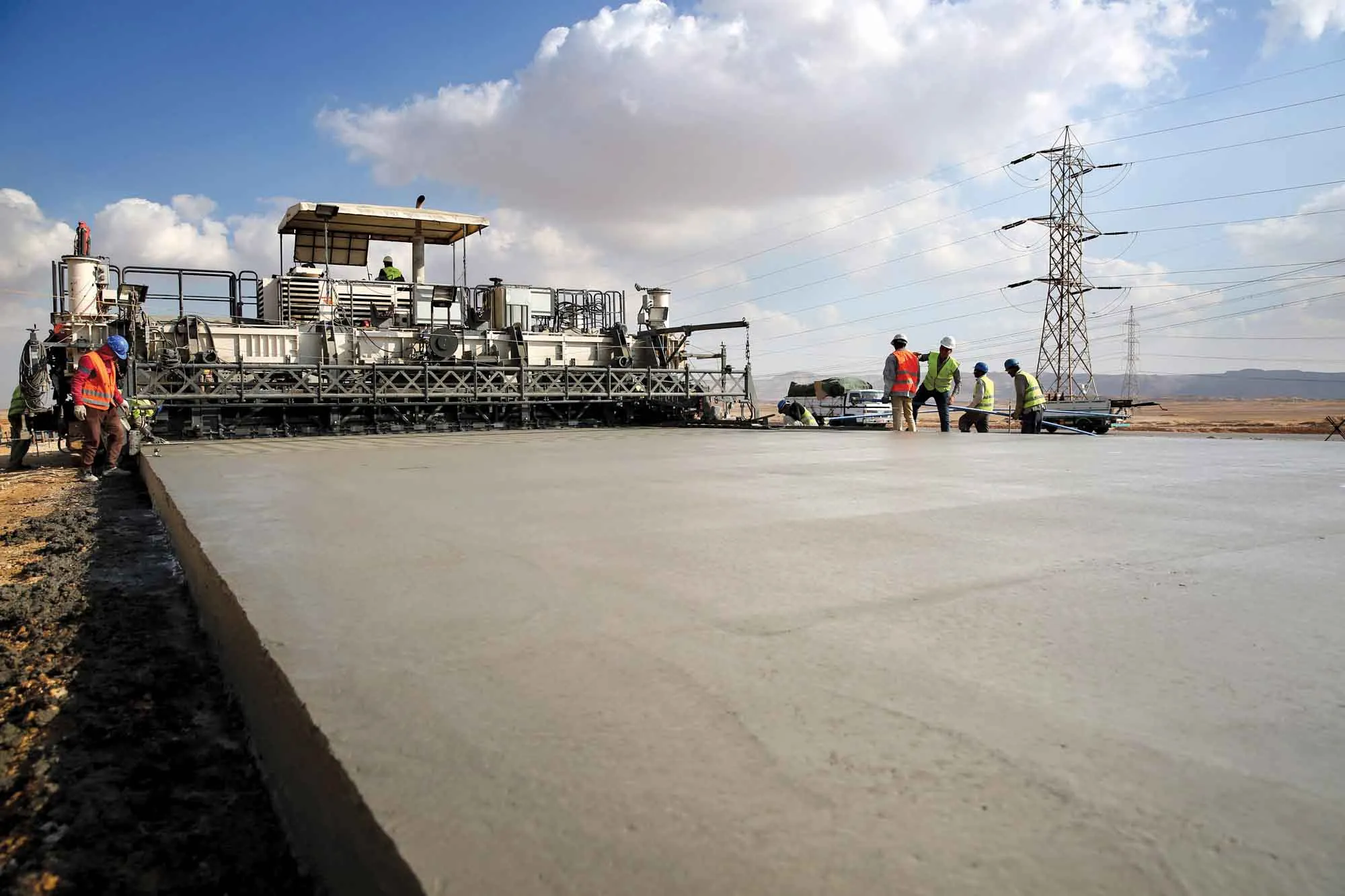Construction work on the upgrade of the road connecting Calabar with Itu and Ikot Ekpene in South East Nigeria has once again ground to a halt. The contractor carrying out the work, Julius Berger, has transferred personnel and equipment to other projects. This action has been taken due to a delay in payments for the work to the contractor.
The road is now in extremely poor condition, which is a key problem for transport between Cross River State and Akwa Ibom State. Much of the road is now said to be virtually impassable, with heavy vehicles having to take a much longer route to the north via Umauhia. Light vehicles such as cars and motorcycles are still able to use the many dirt roads criss-crossing the area, although journey times are longer and safety and capacity are key concerns.
That Calabar, one of Nigeria’s important cities, is suffering such poor transport connections as a result is a major problem for the economy of Cross River State in particular and the south east of the country in general.
The two lane road was surfaced in the 1970s and then patched up periodically, with the route becoming progressively more dilapidated. The project to widen the route to a dual carriageway was one of several put forward by president Buhari in the run up to his election for his second period in office.
South Eastern Nigerian road project stalls
Construction work on the upgrade of the road connecting Calabar with Itu and Ikot Ekpene in South East Nigeria has once again ground to a halt. The contractor carrying out the work, Julius Berger, has transferred personnel and equipment to other projects. This action has been taken due to a delay in payments for the work to the contractor.
The road is now in extremely poor condition, which is a key problem for transport between Cross River State and Akwa Ibom State. Much of the road is now said to be virt
July 24, 2019
Read time: 2 mins








